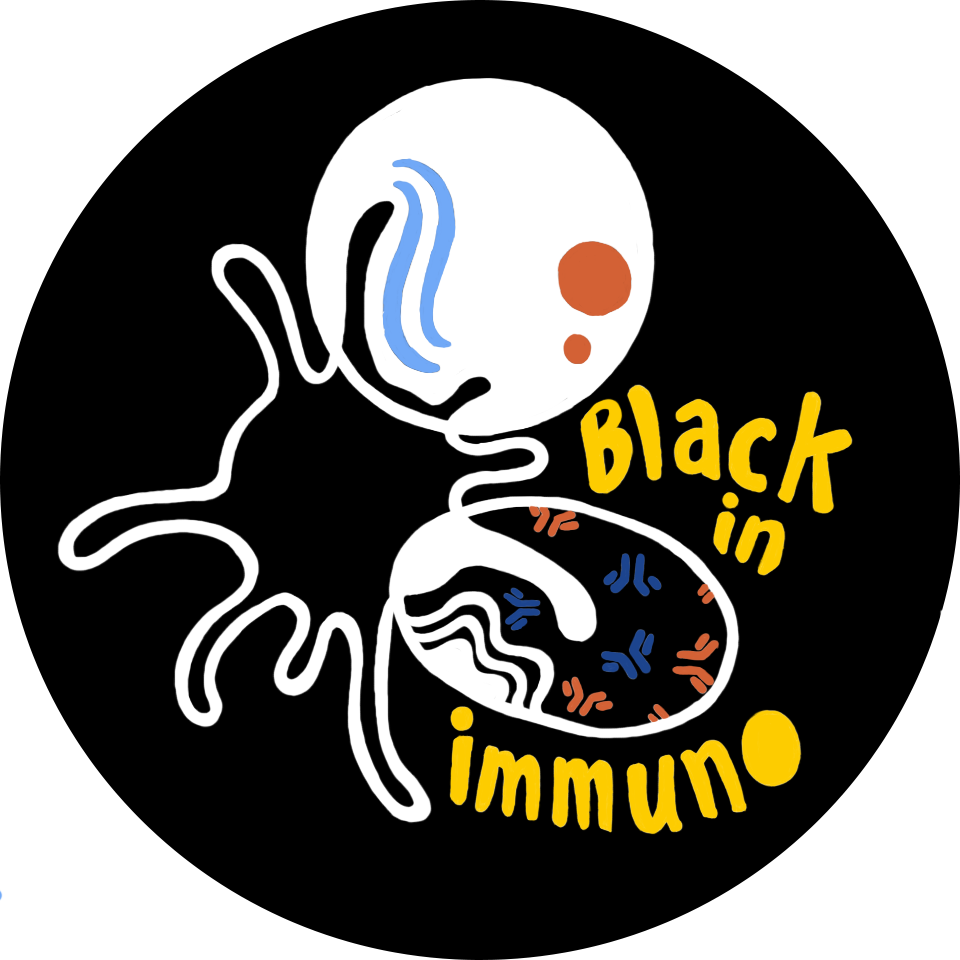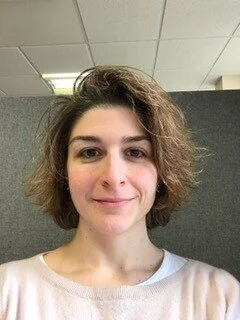Keywords: Immunology, Comparative Immunology, evolution, fish, mucosal immunity, host-pathogen interactions
Ottavia Benedicenti, PhD
Postdoctoral Fellow at the Center for Evolutionary Ecology & Theoretical Immunology, University of New Mexico, USA
Ottavia Benedicenti is a Postdoctoral Fellow in Dr. Irene Salinas’ lab at the University of New Mexico, USA. Ottavia received her B.Sc. at the University of Genoa, Italy, and her M.Sc. at the University of Kiel, Germany. Ottavia completed the Ph.D. four years ago at the University of Aberdeen, UK, working on host-pathogen interactions at mucosal barriers in Atlantic salmon and on the role that environmental stressor can have on parasitic disease progression. The Ph.D. helped Ottavia identify her passion for evolutionary immunology and the beauty of thinking outside the box in terms of understanding how our immune system works. She then moved to the Animal Health Research Center (CISA) in Spain for her first postdoc, where she investigated the role of fish B cells in mounting protective mucosal immune responses in teleost fish. The project addressed the question: how does the balance between immunity and tolerance at mucosal interfaces is achieved in species which seem to lack follicular lymphocytic structures?
She is currently doing her second postdoctoral training at the University of New Mexico, in a center devoted to the study of immune systems in non-model organisms. Her current project investigates the role of novel immunological structures and mechanisms used by vertebrates to adapt to environmental stress. Understanding the transition of vertebrates from aquatic to terrestrial environments is one of the most remarkable steps in evolutionary history and lungfish (Dipnoi) are an excellent non-model organism that can address this question. They are the closest ancestors of all tetrapods, have a dual mode of living extracting oxygen from both water and air and, under extreme environmental conditions, they aestivate forming a cocoon that covers their entire body and protects them against external aggressions.
Outside of her research, Ottavia loves swimming and travelling to the sea. What she loves the most about being a scientist is passing knowledge to others. Training new undergraduate and graduate students is one of the most rewarding aspect of her job. For that reason, she has been teaching at the National Institute for Medical Research, Mwanza Research Centre, Tanzania (Africa) a Bioinformatic course (Introduction to R and Microbial Community Analysis) during summer 2020 and 2021. Being a women scientist and an immigrant in the many places outside her home country, Italy, and especially now in the US has clearly made Ottavia realize how important is to increase the participation from underrepresented groups in science in order to build and develop a world in which studying and working are open to all.

